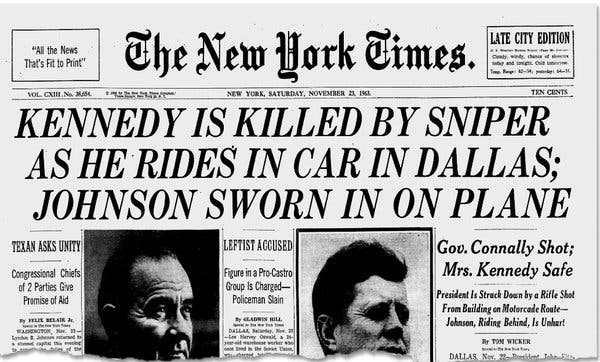
In this I am touching on something which I have briefly covered before so I ask for your indulgence. When it comes to the belief in God, one is given three options- theistic, atheist or agnostic. A theist is one who believes in God, an atheist is one who does not believe in God and an agnostic is one who sits on the fence. Regular readers will probably be thinking that, given my love of nuance, the divine being in the details, that these three options are something I would, irrationally, have an issue with, and you would be right.
For many the question as to one’s beliefs is an opportunity to create a certainty. A theist states that there is a God and, not only that there is, but what qualities God has, personality, habits etc. The atheist states that there is no God, and that they know this as they have divine powers to know absolutes, and the agnostic sits comfortably on the fence and says that they just don’t know either way. Interestingly, in my dealings with all three types, all three have claimed that they think as they are because they are open minded. The thought that if they lived in a different time, their thoughts may be the polar opposite, depending on the underlying religious fervour of their epoch, is irrelevant. As has been noted *, few people can rise above the prevailing opinions of their time. If this then creates the question, do people actually believe what they believe or do they just believe what they have been conditioned to believe?, is a conversation for another time.
For the purposes of this piece, let us look at those who claim that there isn’t a God or that there is one who conforms to their concepts. The greater the faith, the greater the doubt is a concept which I have created based on my readings of the lives of some of the greatest believers. The likes of St John of the Cross struggled terribly with their faith. Jesus Christ doubts the necessity of his death but then gives himself over to a greater will (God) yet many who profess a faith (note: I am using faith for all three categories (theist, atheist and agnostic) as they are all forms of faith) have little or no doubt in what they believe, even Job, in the Bible, when being used as a pawn by God (God tortures him to prove to Satan that Job’s faith is true), refuses to renounce the certainty of his faith. And now we have hit on the key word- certainty. As the French philosopher Voltaire noted, ‘Uncertainty is an uncomfortable position. But certainty is an absurd one’, yet people would often opt for the absurd over the uncomfortable, something we have covered previously. So, let us look at the consequences of certainty when it comes to faith.
The denial of the possibility of, not only a God, but of a God who cannot be understood (does not fit into a set concept) creates two things
- Certainty
- A world devoid of Hope
- Certainty, one can rest assured that they have an absolute ‘knowledge’- if there isn’t a God, I am right, if there is a God, he fits into my concept therefore I am right, if there is or isn’t as I haven’t decided I am right
And
2. A world devoid of Hope as there is no longer the possibility of something greater than us.
If we are to look at the world, we see suffering, pain, much of which is unnecessary. If we say that there is no God, then this world of suffering is all that there is. If we say that there is a God who conforms to our concept, then then we are saying that this suffering is part of God. Either way, the possibility of something better, something greater on earth, not just after we have passed away, does not seem a reality and thusly the world is allowed to suffer as it does for eternity. In this we are stating that the divine and the great mysteries of being are not divine, nor mysterious, rather are, in Nietzsche’s wording, ‘merely human’. Once we view the world as being an extension of human knowledge then the world becomes governed by absolute ignorance, as humans have no knowledge(!), and the possibility of the Unknown, of the Truth, of God becomes non-existent and the hope of something better becomes impossible.
‘till next time
*’Every man is a creature of the age in which he lives, and few are able to raise themselves above the ideas of the time.’ Voltaire



